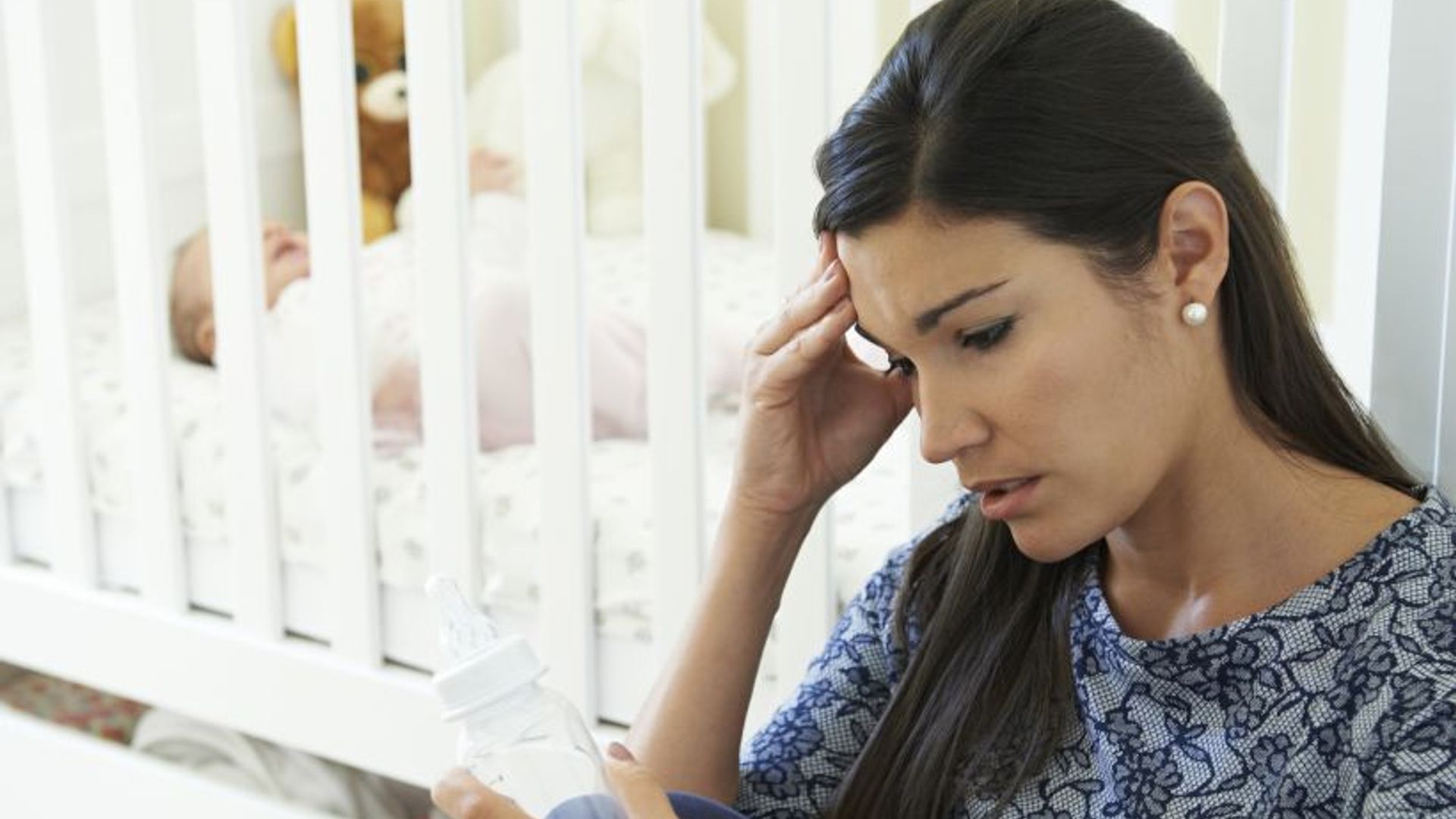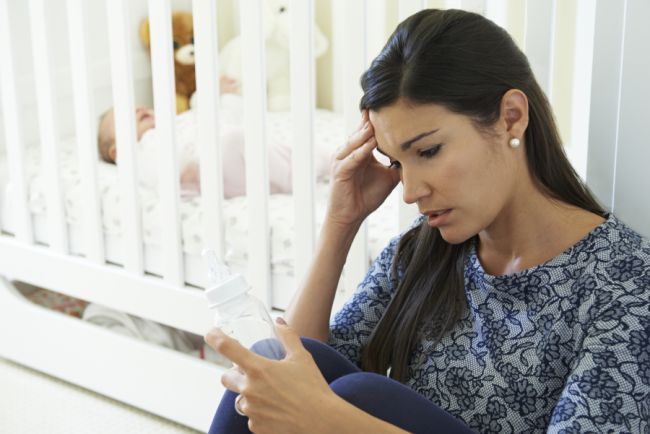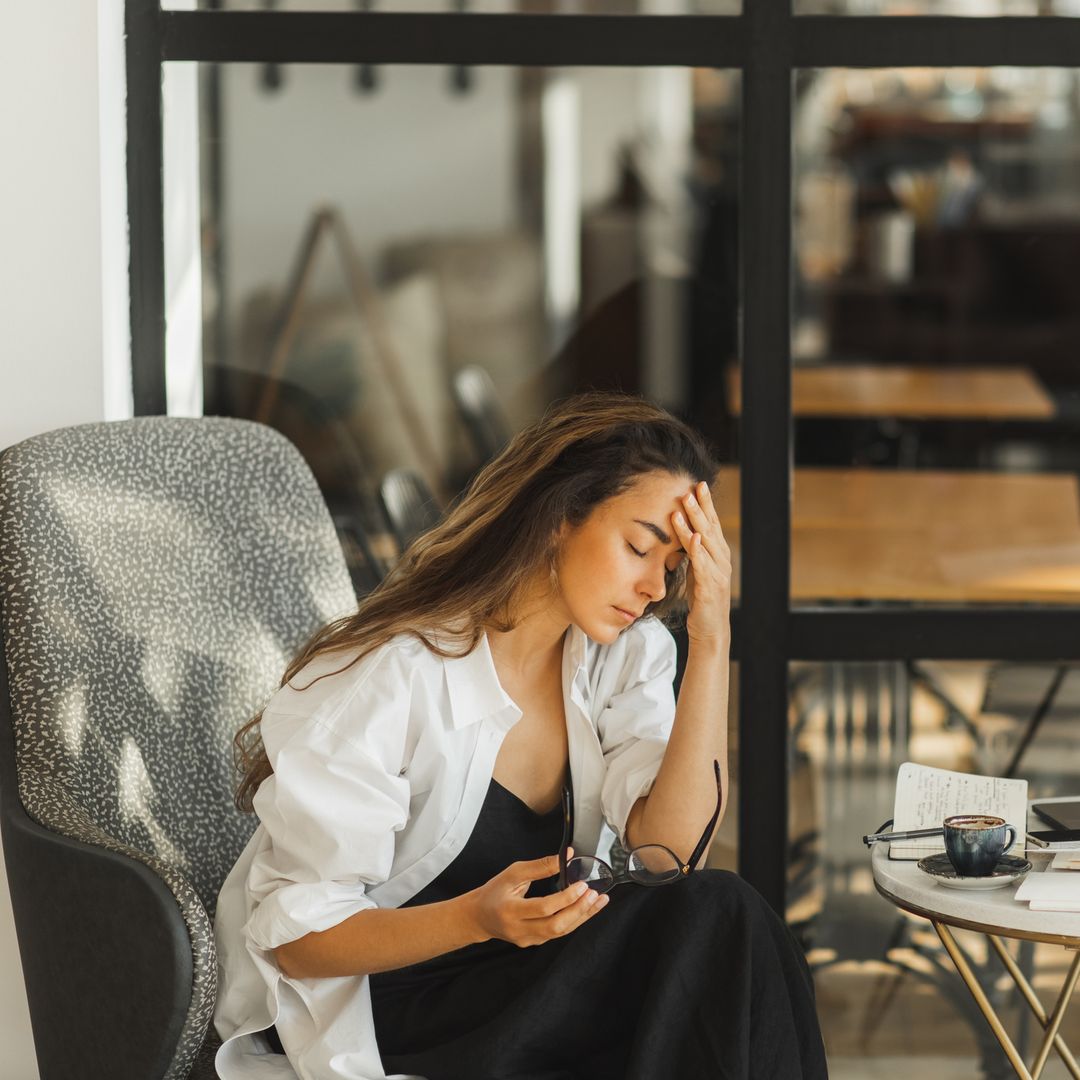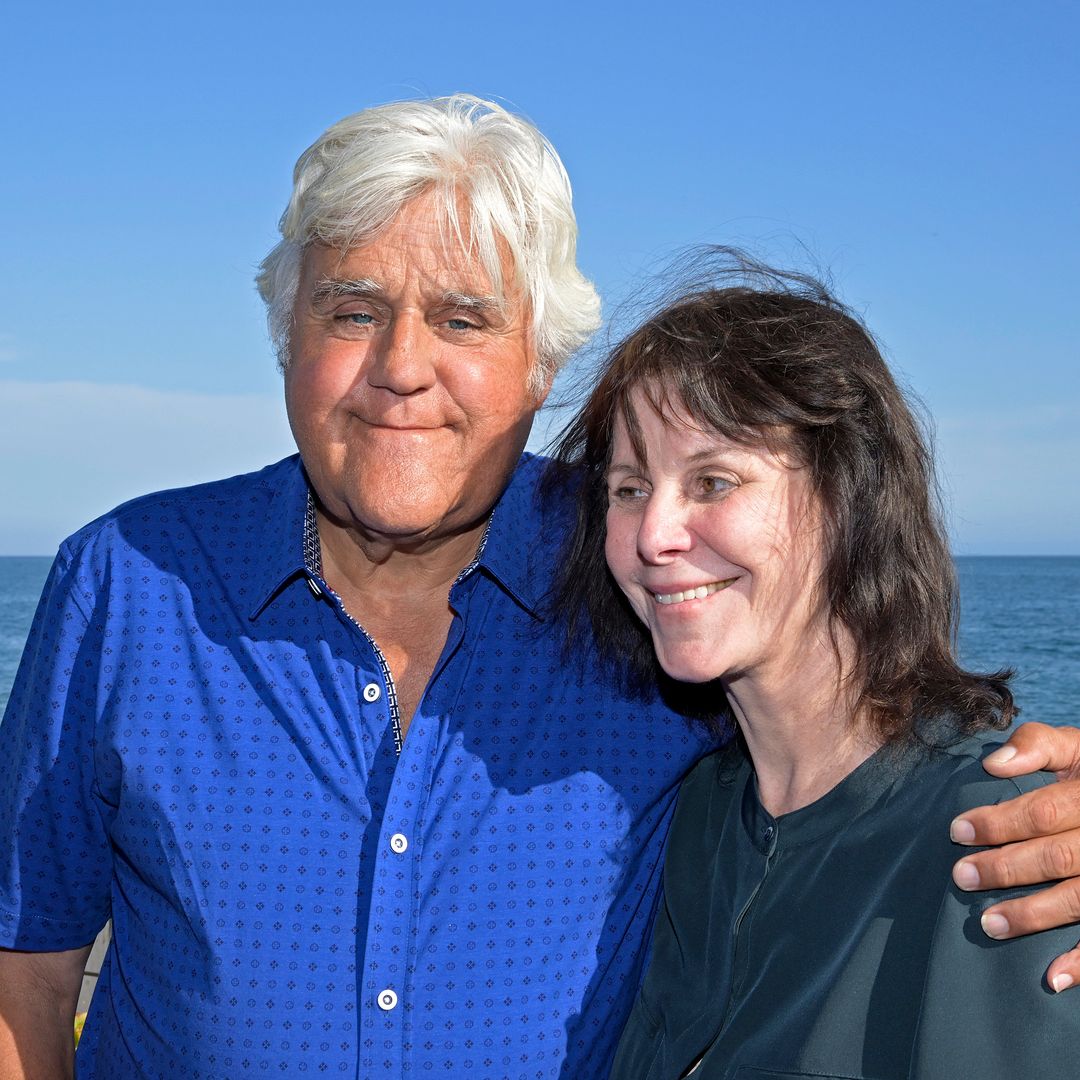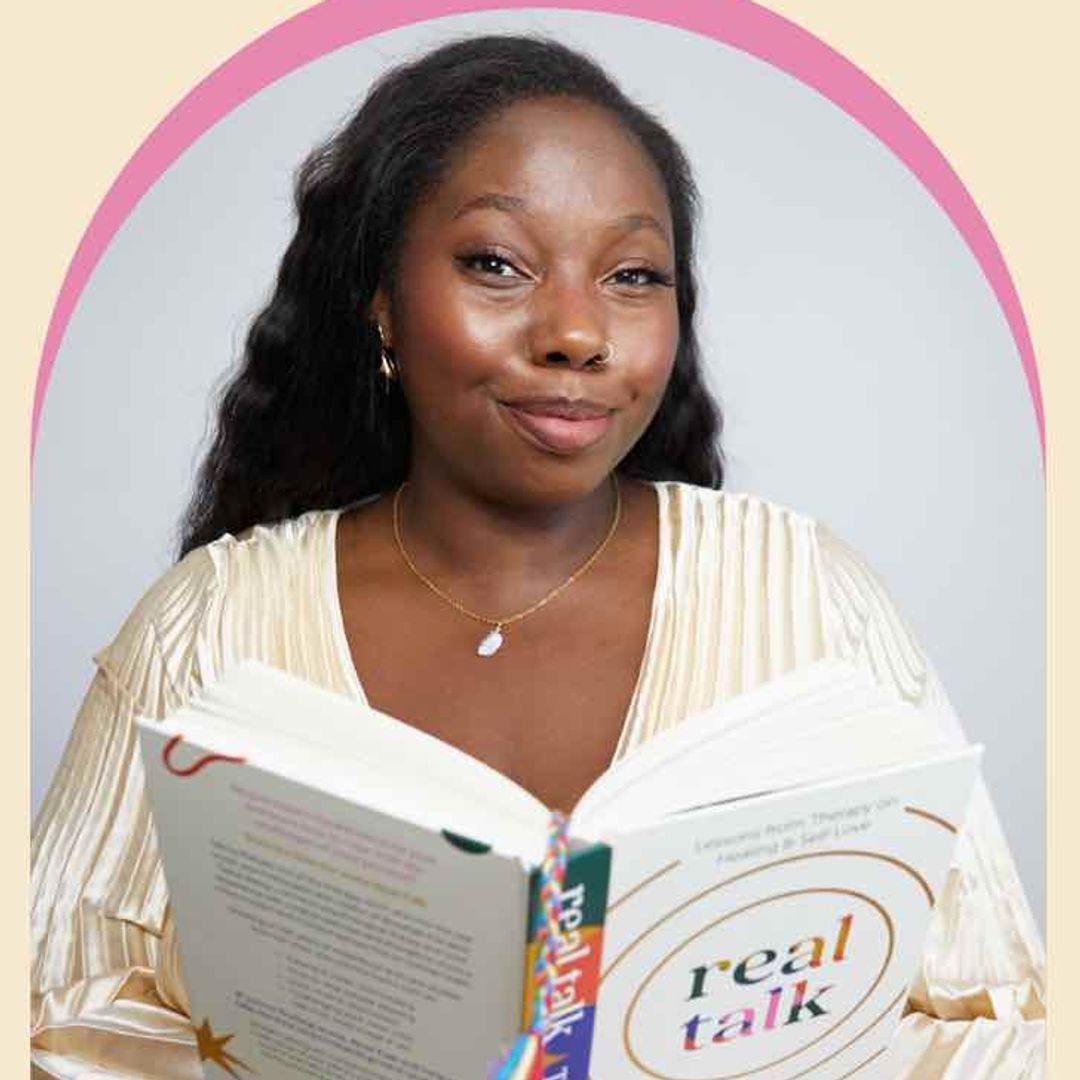Postnatal depression affects one in every ten women within a year of giving birth, however recent research from parents' charity NCT has discovered that nearly half (42%) of new mothers' mental health problems did not get picked up by a doctor or health professional.
Sarah McMullen, Head of Knowledge at NCT, said: "It is shocking that so many new mothers aren't getting the help they need, which can have a devastating impact on the women and their families. Some mothers aren’t being open about how they're feeling as they're terrified they're going to have their baby taken away and others are not being asked about their emotional wellbeing at all. A third of women said their six-week check was rushed and for some, it lasted only three minutes!"
STORY: Ivanka Trump opens up about her experiences with postnatal depression
With Ivanka Trump the latest famous face to share her experiences of postnatal depression, improve your understanding of the condition with our guide to the signs, symptoms and treatments you need to know.
Ivanka Trump has revealed she suffered from postnatal depression
What is postnatal depression?
Postnatal depression can happen gradually or all of a sudden, and it can range from being relatively mild to very hard-hitting. It is estimated that at least one in 10 women suffer from PND, and it can start within one or two months of giving birth, although it can also be several months after having a baby before symptoms start to appear.
RELATED: Chrissy Teigen reveals struggle with postnatal depression
What are the signs and symptoms of postnatal depression?
It's common for new mums to suffer from postnatal mental illness, but only half receive the treatment they need. Women will experience postnatal depression differently and may go through one or more of the following symptoms:
- Feeling very low, or despondent, that life is a long, grey tunnel, and that there is no hope.
- Feeling guilty about not coping, or about not loving their baby enough.
- Being unusually irritable, which makes the guilt worse.
- Wanting to cry/cry a lot or even constantly.
- Having obsessive and irrational thoughts which can be very scary.
- Loss of appetite, which may go with feeling hungry all the time but being unable to eat.
- Comfort eating.
- Having difficulty sleeping: either not getting to sleep, waking early, or having vivid nightmares.
- Being hostile or indifferent to their partner and/or baby.
- Having panic attacks, which strike at any time, causing rapid heartbeat, sweaty palms and feelings of sickness or faintness.
- Having an overpowering anxiety, often about things that wouldn't normally bother them, such as being alone in the house.
- Having difficulty in concentrating or making decisions.
- Experiencing physical symptoms, such as headaches.
- Having obsessive fears about baby's health or wellbeing, or about themselves and other members of the family.
- Having disturbing thoughts about harming themselves or their baby.
- Having thoughts about death and/or suicide.
How to seek help if you are suffering from postnatal depression
After having a baby, if you feel low and think you might be suffering from depression, it can be particularly hard to talk about those feelings – especially at a time when everyone else expects you to be happy despite the challenges of being a new parent. You might feel reluctant to seek help and reveal any negative feelings because of the fear of what people might think of you and what might happen to you or your baby. Attitudes to mental health have changed in recent years and new parents should always be supported and listened to. Sharing your worries and feelings is an important first step and can make a positive difference to how you feel. Here are some ways to ensure you get the help you need:
GALLERY: Celebrities who have spoken about mental health
- Seek professional help from your doctor
- One of the most helpful things is to talk to other mums and dads – it can be very reassuring to find that all new parents share the same anxieties and frustrations. Meeting others in the same position will give you a chance to share skills and experiences, to realise you are not alone, and above all get some emotional and practical support. Call NCT to find out what’s happening in your area on 0300 330 0700
- Share your feelings with people you trust. It's important to feel understood and supported. A sympathetic listener, who can hear about your feelings and worries without judging, can bring enormous relief. It could be a health visitor, a friend or a counsellor.
- Give yourself time to adjust to motherhood and recover from giving birth.
- Try and get help with the childcare and take some time for yourself, even an hour here and there can make a difference.
- Take some exercise each day, like a walk with the buggy or swimming: exercise has a positive effect on mood and sense of wellbeing.
- Maintain a healthy diet; eating badly or skipping meals can make you feel tired and irritable, so try to eat simple and nutritious meals.
- You could try mindfulness, which is a way of paying more attention to the present moment – to your own thoughts and feelings, and to the world around you – which can improve your mental wellbeing
- Accept help and support from your partner, family and friends. Try to share as many jobs around the house as possible, for instance. Allowing people to support you and your partner through this time will make things easier.
The #Hidden Half campaign from parents' charity NCT is calling for an improvement to the six-week postnatal check-up to reduce the number of mothers who don't get diagnosed and treated properly. NCT is urging people to sign up to the Hidden Half campaign at nct.org.uk/hiddenhalf to make sure all women get the help they need.
